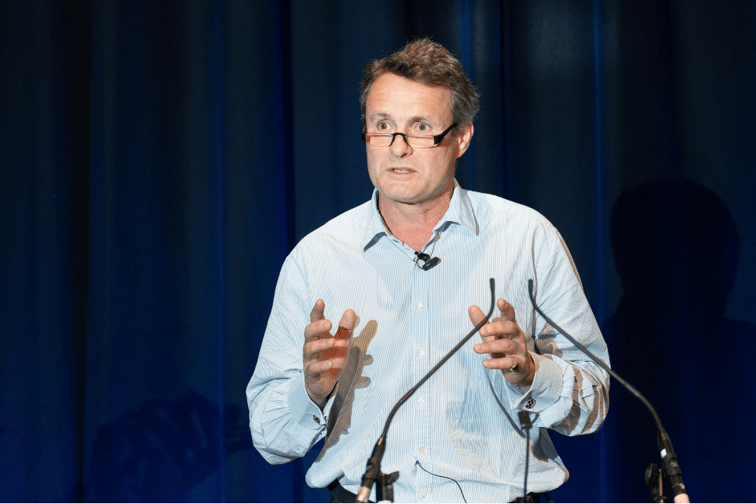

Since the pandemic rolled in, global instability has hit new heights. With political violence also taking centre stage in the past year, the chief resilience officer of Pool Re has much to say about the increasing need for resilience in the face of international threats.
Ed Butler spoke to over 800 future leaders in the global reinsurance market at the Marsh McLennan Rising Professionals’ Global Forum 2022, contextualizing the dangers to expect in the next 12-18 months.
Having been a former UK Special Forces officer, Butler provided a worrying assessment of how Russia’s invasion of Ukraine could evolve in the coming months, causing much more disruption to food, energy and metal supply than seen today.
“Nuclear conflict is more likely now than 12 months ago,” Butler said. “Putin may need to make his next strategic moves before Finland and Sweden formally join NATO and Europe becomes independent of Russian oil and gas – the clock is ticking.”
“Putin’s invasion of Ukraine has changed the nature of state power and countries’ view of the world and their strategic challenges,” Butler added. “We’ve entered a multipolar world of asymmetric conflicts and threats.”
It isn’t just Russia’s invasion the world should be worried about, Butler said, as more powerful forces lie in the non-physical conflict. These include cyber warfare, disinformation and proxy forces with Russia, China, Iran, and North Korea at the helm.
Even larger than these threats is the worsening climate crisis that has resulted in countries like Ethiopia, Somalia and Kenya suffering the worst droughts in the past 70 years.
“Climate change is a threat multiplier, exacerbating societal vulnerabilities, driving conflicts and creating political and humanitarian insecurities,” Butler said. “Autocracies, terrorists and non-state actors will try to take advantage of vulnerable people and claim scarce or valuable resources; and people living in fear and desperation will be pushed towards dangerous ideologies.”
This has already been seen in the international landscape, with as much as 40% of people under the impression that the Western sanctions on Russia are to blame for food and energy shortages. All these issues and more are why Butler urged industry professionals “to challenge conventional thinking in the boardroom" to arrive at more innovative solutions to tackle global instability.
“We have to win this battle of minds or every liberty of our liberal democracies and all that we value, all too often taken for granted – is under threat as we enter the new world order,” Butler said. “We’ve got to build resilience – financially, physically, virtually, emotionally – in our economies, our societies and in the business community. This is where young insurance professionals have a major role to play.”
